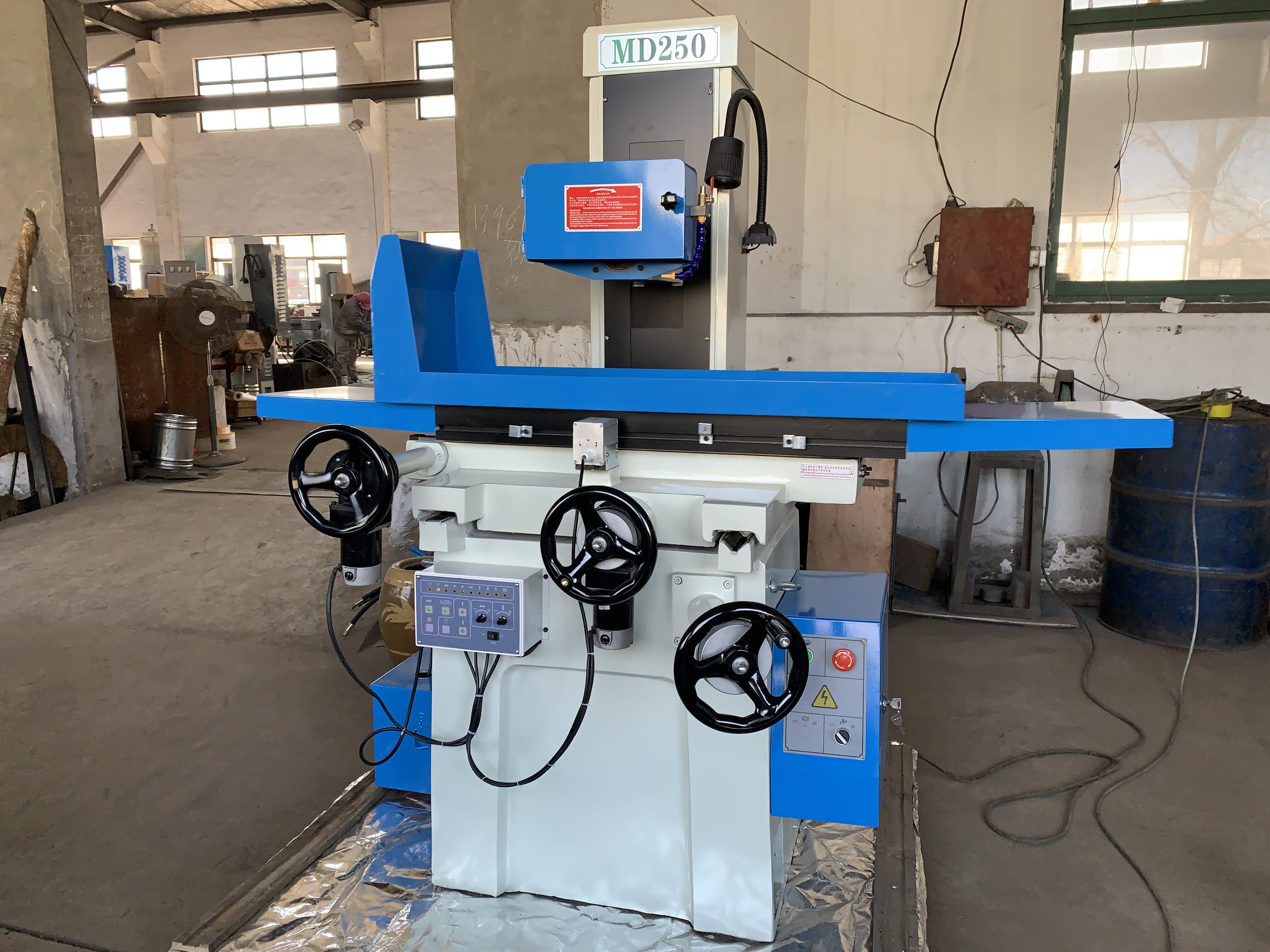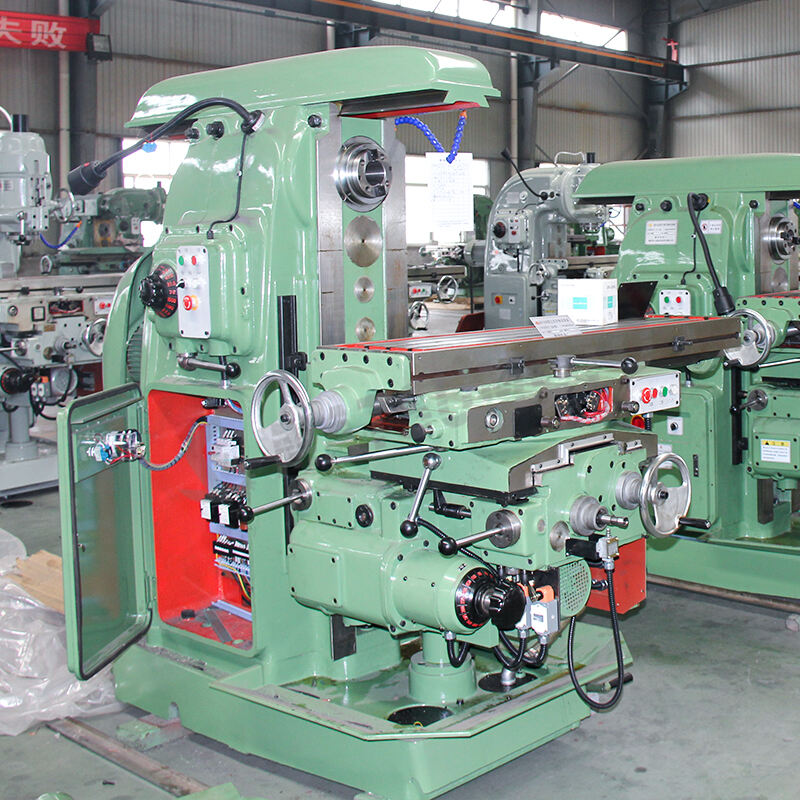cnc mill types
CNC mill types encompass a variety of machines, each tailored for specific manufacturing needs. These mills are computer numerical controlled, meaning they are programmed to execute tasks with precision and consistency. The main functions of CNC mills include cutting, shaping, drilling, and routing materials like metals, plastics, and wood. Technological features vary among types, but generally include multi-axis capabilities, automatic tool changers, and advanced control systems that allow for complex part production. Vertical mills are commonly used for general purposes, while horizontal mills are ideal for larger, more complex projects. CNC mills find applications across industries such as automotive, aerospace, and medical, providing custom solutions for intricate component manufacturing.

